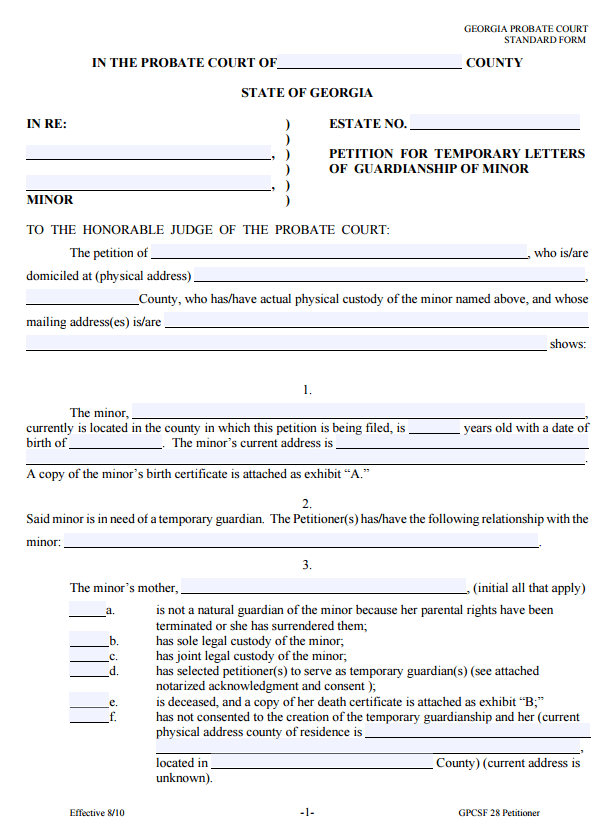
“Parents who are truly destitute go to jail over and over again for child support debt simply because they’re poor,” stated Sarah Geraghty, an attorney with the Southern Center for Human Rights who represented a class of Georgia prisoners who were jailed for nonpayment of child support without legal representation. prisons and jails for nonpayment of child support. Nonetheless, according to one estimate 50,000 people are incarcerated in U.S. If one only considers the substantial cost of incarceration, it becomes a very expensive option for enforcing child support orders.

Incarceration is the nuclear option of child support enforcement the threat of going to jail might be useful in persuading reluctant parents to pay child support, but actually doing so does not achieve the desired result – payment – and is fraught with negative consequences. The Act’s commentary succinctly stated the problem. However, the commissioners finally decided to leave criminal enforcement in the Act because it was the traditional method of solving the problem and it was not certain that civil enforcement would take care of all cases and it was felt that, while actual extradition would be of little use, the threat of extradition might be a powerful weapon in the case of shiftless and slippery obligors.”
Child support breakdown illinois template free#
Even when free again, he would be under the heavy handicap of ‘a man with a criminal record’ in finding a job and supporting his family. Yet the Act’s commentary noted that returning child support delinquents to their home state would be of limited value: “If convicted, he would be placed in jail and the state would still have the burden of support of the destitute family. The National Conference attempted to remedy that loophole in 1950 by approving the Uniform Reciprocal Enforcement of Support Act, which provided for civil or criminal enforcement of out-of-jurisdiction child support orders. This was an early attempt to improve enforcement of child support orders, though it did not extend to parents who moved to another state. In 1910, the National Conference of Commissions on Uniform State Laws approved the Uniform Desertion and Non-Support Act, which imposed criminal penalties on fathers who failed or refused to financially support their children. The practice of incarcerating mostly poor parents for failing to pay child support is well over a century old. Instead, it results in “a highly indebted individual.” It can also result in parents being jailed for nonpayment of their child support obligations. “Billing poor fathers doesn’t help poor mothers and kids become less poor,” observed Jacquelyn Boggess with the Center for Family Policy and Practice. The poverty rate of custodial parents who received child support payments was 28.8%. Based on 2013 data, 76% of parents who owed past due child support earned $10,000 or less per year, while another 9% earned between $10,001 and $20,000. Unpaid child support is estimated at $113 billion nationally.įurther, child support is an issue that mainly impacts the poor. Census Bureau, not including past-due payments. Court-ordered child support obligations totaled $32.9 billion in 2013 according to the U.S. Department of Health & Human Services, wrote that 1 in 4 children nationwide had an active child support case.

In August 2015, Mark Greenberg, the Acting Assistant Secretary for the Administration for Children and Families, a division of the U.S.

Share: Share on Twitter Share on Facebook Share on G+ Share with emailĬhild support is an enormous issue in the United States.


 0 kommentar(er)
0 kommentar(er)
